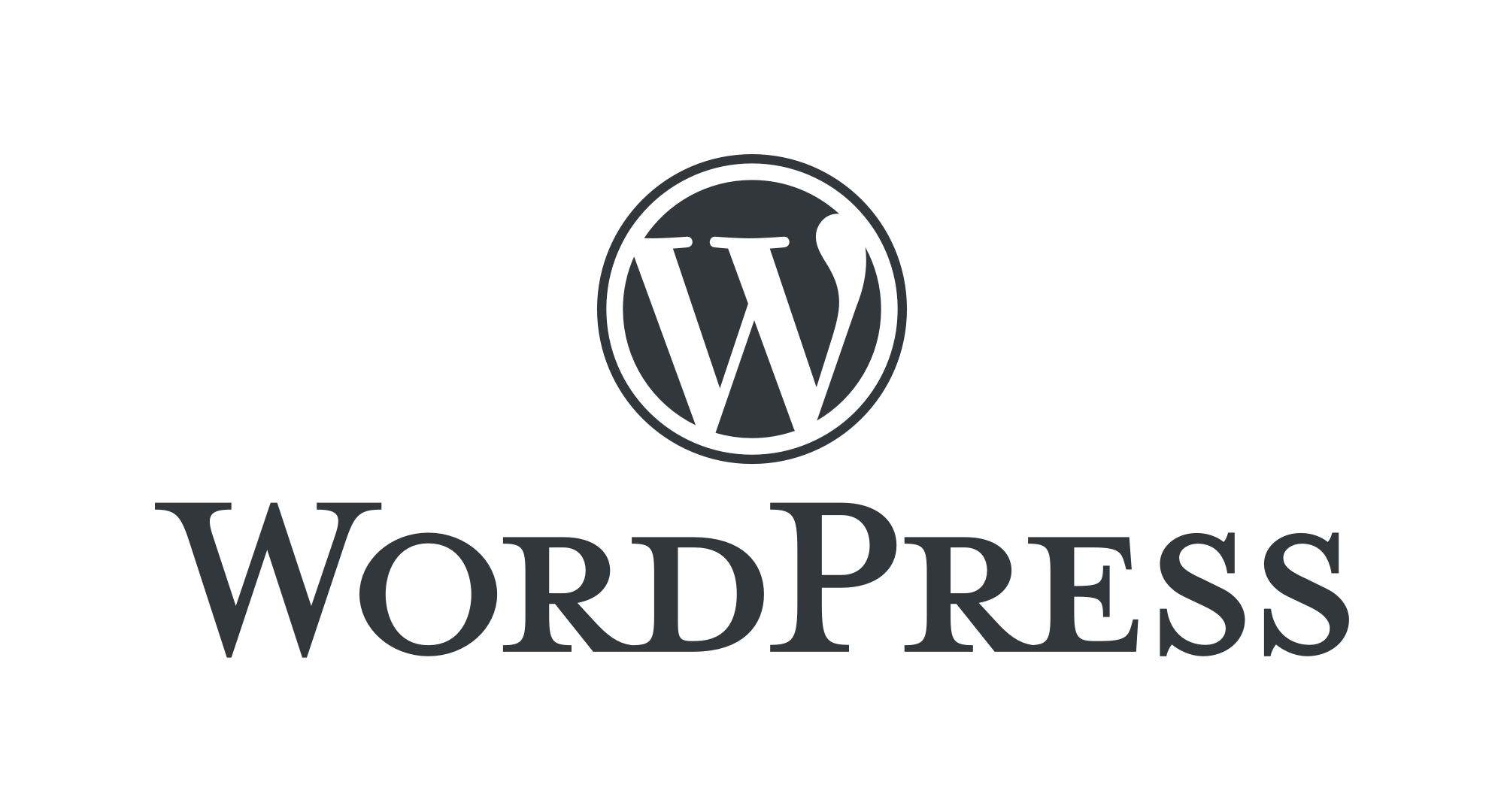Is WordPress a CMS
WordPress is one of the most widely-used platforms for creating websites and blogs. Its user-friendly interface and extensive customization options have made it a popular choice for individuals, businesses, and organizations alike. But is WordPress actually a content management system (CMS)? In this blog post, we will delve into the intricacies of WordPress as a CMS and explore why this knowledge is relevant and useful for both aspiring website builders and experienced developers. So whether you’re a beginner looking to understand the fundamentals of WordPress or a seasoned pro seeking to maximize its potential, this article will provide valuable insights into the true nature of WordPress as a dynamic and powerful CMS.

WordPress, a popular content management system (CMS), has become the go-to platform for creating and managing websites. The flexibility and ease of use it offers have made it a favorite among web developers and designers. One of the biggest benefits of WordPress is its user-friendly interface, which allows even those with limited technical skills to navigate and update their websites with ease. From adding new pages and images to customizing the layout and design, WordPress makes it simple for anyone to keep their website up-to-date.
Related: What is CMS
Another great advantage of WordPress as a CMS is its vast library of plugins and themes. With thousands of options available, users can easily enhance the functionality and appearance of their websites. Whether it’s adding e-commerce capabilities, creating contact forms, or improving site speed, there’s a plugin for nearly every need. Additionally, the wide range of themes allows users to customize the look and feel of their websites, ensuring a unique and personalized online presence.
Furthermore, WordPress is highly search engine friendly, allowing websites powered by it to rank well in search results. Its built-in features, such as customizable permalinks, XML sitemaps, and responsive designs, contribute to improved SEO performance. This means that even small businesses or individuals can increase their online visibility and attract more visitors to their websites. With WordPress, you don’t need to be an SEO expert to optimize your site for better search engine rankings.
The benefits of WordPress as a content management system are obvious and numerous. Its user-friendly interface, extensive plugin and theme library, and search engine optimization capabilities make it a top choice for individuals and businesses alike. Whether you’re a seasoned web developer or a newbie looking to create your first website, WordPress offers the tools and features to help you succeed online. So, if you’re considering a CMS platform, give WordPress a try and experience the many advantages it brings to the table.
Benefits of using WordPress as a Content Management System
WordPress is a widely-used content management system (CMS) that offers a host of benefits for users, making it an excellent choice for website creation. With its user-friendly interface and intuitive features, WordPress allows users to easily manage and update their website content. One of the key advantages of using WordPress as a CMS is its versatility. Whether you are building a blog, business website, or e-commerce platform, WordPress provides a range of customizable themes and plugins to suit your specific needs.
Another advantage of using WordPress as a CMS is its SEO-friendly nature. WordPress generates clean, semantic code, making it easier for search engines to index and rank your website. Additionally, there are numerous SEO plugins available that can optimize your content and improve your website’s visibility in search engine results. Furthermore, WordPress is constantly updated to improve security and functionality, providing users with a reliable and secure CMS platform.
One of the greatest benefits of using WordPress as a CMS is its thriving community of users and developers. With forums, tutorials, and online resources readily available, users can find support and guidance whenever needed. Additionally, the WordPress community offers a vast array of themes and plugins, both free and paid, to enhance your website’s functionality and design. This vibrant community ensures that WordPress remains an innovative and evolving platform, constantly offering new features and improvements. So, if you are looking for a versatile and user-friendly CMS, WordPress is an excellent choice for all your website needs.
Potential Drawbacks of WordPress as a CMS
While WordPress is undoubtedly one of the most popular content management systems (CMS) available on the web, it does come with a few potential drawbacks. Understanding these limitations can help you make an informed decision before diving headfirst into WordPress.
One potential drawback is the learning curve associated with using WordPress. Although it offers a user-friendly interface, it may take some time to familiarize yourself with the platform, especially if you are new to CMS. However, with the abundance of online tutorials and support forums, you can rest assured that there is a wealth of resources available to assist you in mastering this platform.
Another aspect to consider is the need for regular updates and maintenance. As with any software, WordPress requires frequent updates to ensure optimal functionality and security. This means that you must stay on top of these updates to avoid any potential vulnerabilities. While this may seem like an additional task, the updates are designed to improve the overall performance of your website and protect it from potential threats.
The final drawback is the potential for plugin conflicts. WordPress allows for a wide range of plugins that enhance its functionality. However, some plugins may not be compatible with each other, which could lead to conflicts or even crashes on your website. It is essential to choose reputable plugins and keep them updated to minimize any potential issues.
Even though WordPress has some drawbacks, those drawbacks are outweighed by the platform’s many advantages. With a little patience and effort to learn the ins and outs of WordPress, you can create and manage a beautiful and functional website that meets your specific needs.
Comparison of WordPress vs. other CMSs
WordPress has gained a reputation for being a beginner-friendly and versatile content management system (CMS) because of its user-friendly interface and extensive plugin library. However, is WordPress truly a CMS, and how does it stack up against other CMSs in the market?
One key advantage of WordPress is its ease of use and accessibility. Its intuitive dashboard allows users to create and manage their websites without any coding knowledge. Additionally, its large community means that support and resources are readily available. While other CMSs may offer similar features, WordPress’s widespread adoption makes it a go-to choice for those seeking a quick and hassle-free website setup.
Another factor to consider when comparing WordPress to other CMSs is its plugin library. With thousands of free and premium plugins available, users can easily extend the functionality of their websites. From e-commerce solutions to social media integration, the possibilities are endless. While other CMSs may have their own range of plugins, WordPress’s extensive collection ensures that businesses and individuals can find solutions tailored to their needs.
It is clear, however, that WordPress stands out due to its user-friendliness and plugin versatility among the various CMS options available. Whether you’re starting a personal blog or running a business website, WordPress offers a solid foundation that is both easy to use and highly customizable. So, if you’re looking for a CMS that combines simplicity with powerful features, WordPress is a fantastic choice.
How to Choose the Best CMS for Your Needs
Let’s dive into the world of content management systems (CMS) and uncover how to choose the best one for your needs. With so many options available, it can be overwhelming to find a CMS that ticks all the boxes for your website. Luckily, with a little guidance, you can make an informed decision that suits your specific requirements.
Firstly, consider your goals and what you want to achieve with your website. Are you looking for a simple platform to showcase your portfolio? Or do you need a comprehensive CMS with advanced features for an e-commerce site? Understanding your objectives will help you narrow down your options.
Next, evaluate the user-friendliness of the CMS. A good CMS should be intuitive and easy to navigate, allowing you to manage your content with ease. Look for a system that offers a user-friendly interface and provides robust support and documentation.
Lastly, consider the flexibility and scalability of the CMS. Your website may grow and evolve over time, so it’s vital to choose a CMS that can accommodate these changes. Look for a platform that offers a wide range of plugins, themes, and customization options to future-proof your website.
In light of that, let’s ask: Can WordPress be considered a content management system? Absolutely! WordPress is one of the most popular and widely used CMS platforms available. It offers a user-friendly interface, a vast selection of themes and plugins, and excellent scalability. With WordPress, you can create any type of website, from simple blogs to complex e-commerce sites. So, if you’re in the market for a reliable and versatile CMS, WordPress may just be the perfect choice for you!
Conclusion
The question of whether WordPress is a CMS may seem trivial to some, but its significance cannot be overstated. As a result of WordPress’ intuitive interface, extensive plugin library, and customizable themes, websites are now built and managed in a much more efficient manner. It offers individuals and businesses the power to control their online presence and tell their unique stories. Whether you’re a blogger, an entrepreneur, or an aspiring developer, understanding the capabilities and limitations of WordPress as a CMS is crucial to making informed decisions about your online platform. So, next time you stumble upon the question “Is WordPress a CMS?”, remember that the answer holds the key to unlocking a world of possibilities in the digital realm.
![]()











